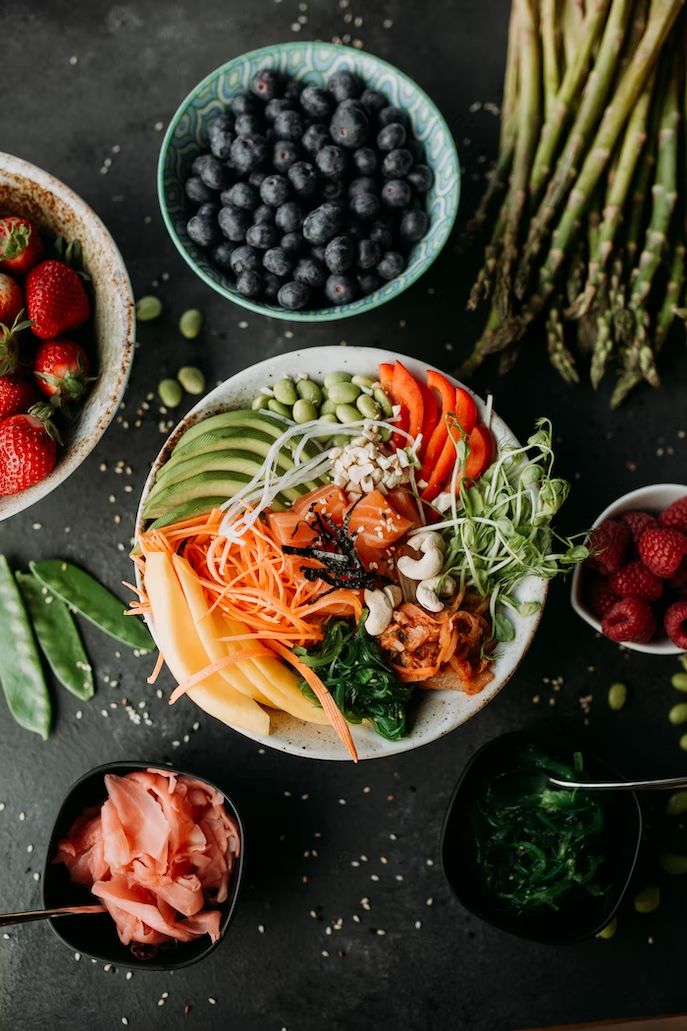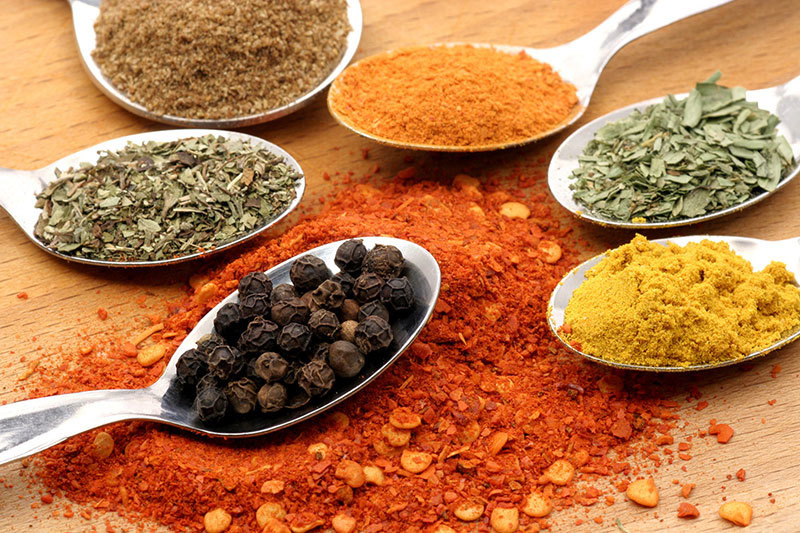Tips for preserving seasonings. If you learn this trick, you will no longer be afraid of seasonings being damped and caked!
Release Time:
2023-01-30
In summer, the seasonings in the kitchen are also put in the refrigerator for cold storage. However, after the seasoning is put into the refrigerator, there is a problem that needs special attention. First of all, the common phenomenon is that seasoning is easy to get damp and caked! Some friends may say, isn't the seasoning they bought already used up? How can it get damp? This is because many friends may put the condiment directly into the refrigerator without using it immediately after buying it back.

In summer, the seasonings in the kitchen are also put in the refrigerator for cold storage. However, after the seasoning is put into the refrigerator, there is a problem that needs special attention.
First of all, the common phenomenon is that seasoning is easy to get damp and caked! Some friends may say, isn't the seasoning they bought already used up? How can it get damp? This is because many friends may put the condiment directly into the refrigerator without using it immediately after buying it back.
And condiments such as salt, monosodium glutamate and chicken essence have very high water and oil absorption. Therefore, as long as it is put into the refrigerator for a period of time, it will also cause caking and rusting.
The condiments of soy sauce are relatively good. They are basically not easy to get damp and caked. However, thicker condiments such as cooking wine and vinegar are easy to deteriorate and agglomerate because they are put in the refrigerator for too long.
1、 After buying the seasoning, don't put it in the refrigerator
After we buy the condiments, don't rush to put them in the refrigerator. First, we can use small spoons to separate these condiments and then wrap them in sealed bags. Then put them in a cool and ventilated place for a period of time, wait until the moisture in the condiments is evaporated, and then put them into the refrigerator for refrigeration.
And some condiments with high starch content, such as flour and corn starch, can also be wrapped with plastic wrap. This can also prevent the seasoning from caking and deterioration due to moisture. And it can also prevent them from becoming moldy after being damped!
2、 How to preserve condiments?
So for those condiments that will not agglomerate, we can put them in a sealed container after purchasing. Then put it into the refrigerator for cold storage, which can effectively prevent the condiment from deteriorating and caking.
In addition, we should also remember to do our homework before purchasing condiments. Generally, items such as salt and monosodium glutamate that are easy to agglomerate and stick together need to be put into the refrigerator for cold storage, and if these condiments are opened, they should also be eaten within three days as far as possible.
However, thicker condiments such as cooking wine and vinegar need to be wrapped with plastic wrap for preservation.
3、 How can seasonings be stored better?
You should know that the shelf life of salt, monosodium glutamate and chicken essence is only about one year, while salt is only two months. So we should put them in the refrigerator for refrigeration at the first time after we buy them.
In addition, we can also use some good containers for sub-packaging and storage, such as fresh-keeping boxes, food bags and other tools, which can play a good role in keeping fresh. In addition, it can also prevent the condiment from deteriorating and caking when it is put into the refrigerator.
Related News



